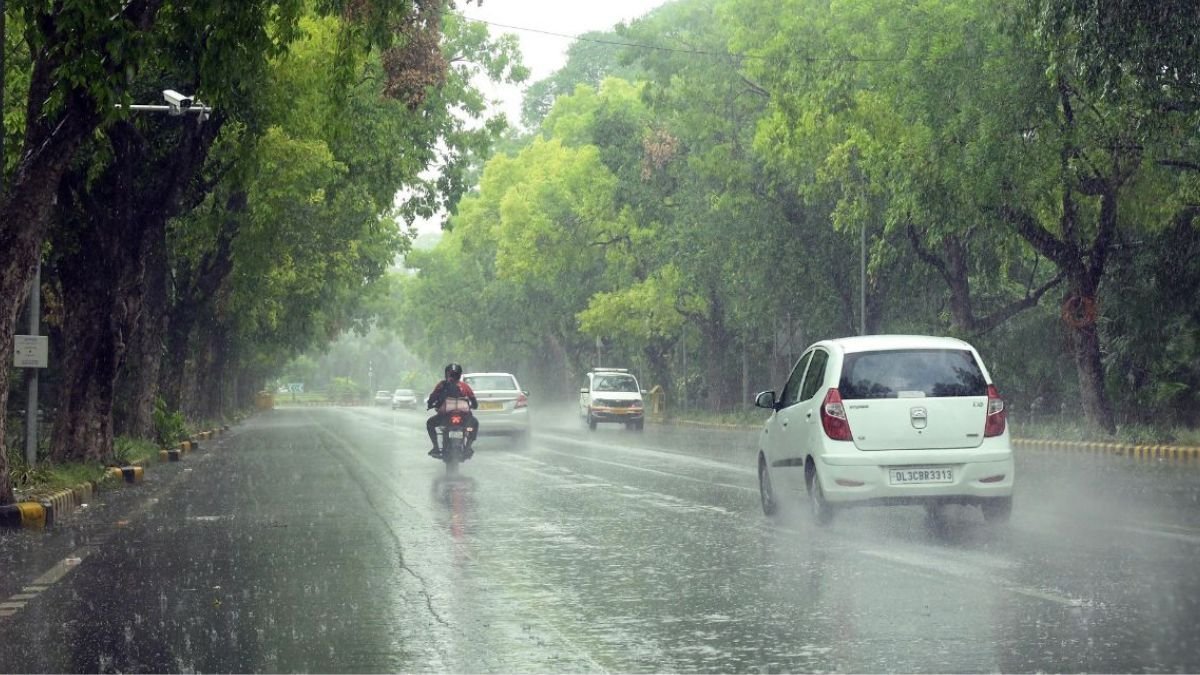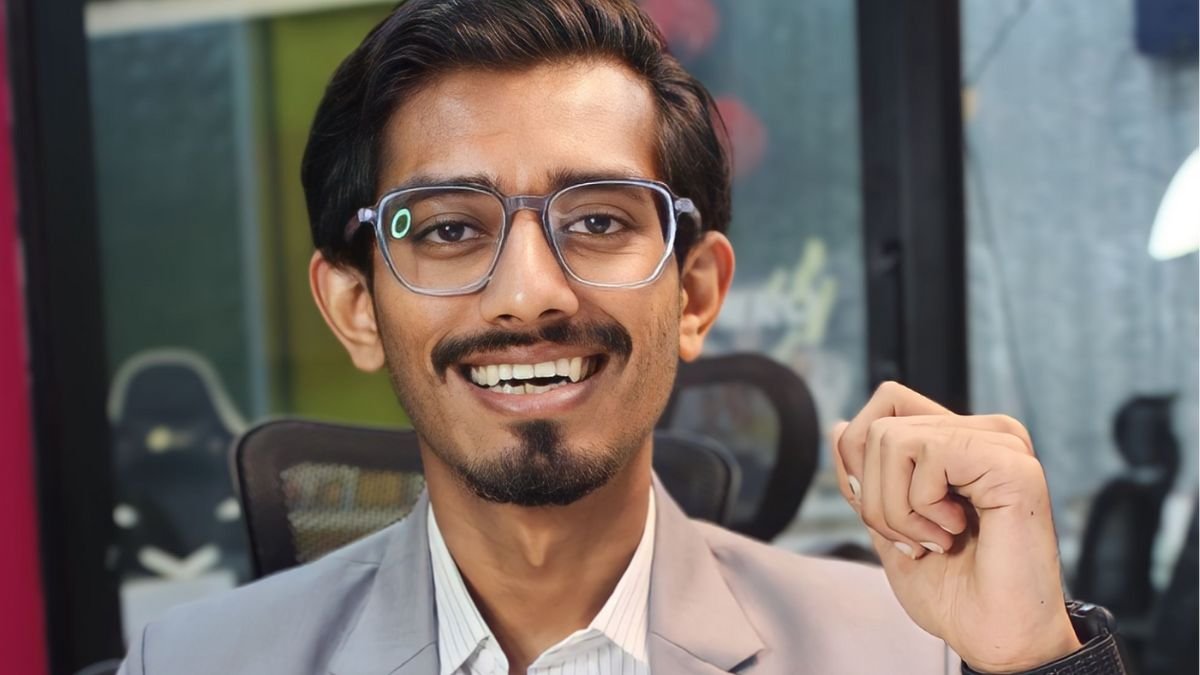Why Marvel’s Superhero Ms. Marvel Has Struck Gold

Ms Marvel arrives on Disney+ today, with high fan expectations, following critically praised Marvel programs such as Wandavision and Loki. The online buzz surrounding the series, as well as great reviews from critics, point to Disney having another smash on its hands. However, this hero’s victory was not always guaranteed.
When Marvel announced in 2013 that they were redesigning the comic book character of Ms. Marvel – initially a blonde superpowered military hero – as a Muslim Pakistani-American adolescent named Kamala Khan, it was seen as a contentious and hazardous move. Comic books have typically been male-dominated and white-centric, which Kamala was the polar opposite of.
Other attempts to diversify characters, such as producing a multiracial Spiderman, had sparked outrage from some of the fandom’s most vocal members. In 2017, Marvel’s vice president of sales stated that retailer feedback indicated that the quest for diversity was alienating readers. “We heard that people didn’t want any more diversity,” he explained. “They didn’t want any female characters on the show. We heard that, whether we believe it or not.”
However, the success of the Ms Marvel comic books indicated differently. “Ms Marvel almost instantly became a hit comic and one of the top sellers online,” says Dr Mel Gibson, a comics researcher and assistant professor at Northumbria University. “Its sales increased dramatically among non-traditional comic book consumers, such as females, Muslims, and Pakistani Americans. The perception of who reads comic books and how they read them was shifting. It aided in attracting new fans and diversifying the fan base.”
Ms Marvel had sold over 500,000 trade paperbacks by mid-2018, despite the lack of a live-action TV show or film. Kamala Khan’s inclusion in the Marvel Cinematic Universe is not a publicity stunt; the character’s popularity demands it. “A key reason Ms Marvel has touched the chord it has is because it deals with the role of traditionalist faith in the context of social justice,” stated G Willow Wilson, the writer who helped create Kamala Khan, in 2017.
It’s very pleasant to see a Muslim character that isn’t always carrying the weight of the current situation. Muslims, like broad audiences, want to see a joyful, optimistic, adventure-seeking character – Sue Obeidi
Kamala’s faith clearly distinguishes her from the vast majority of her comic book counterparts. The depiction of Muslim characters in comic books has long been fraught, but in the post-9/11 environment, it was especially difficult. It is a testament to the team behind Ms Marvel’s adept handling of the situation. Wilson intertwined themes and interactions in a deliberate and nuanced way that kept characters from becoming caricatures. Her familiarity with the faith is unsurprising – after all, she is Muslim – but some of the specific aspects in her writing made me wonder if she was also secretly Pakistani.

“I simply thought it was so amazing because I could see how different Kamala was from other personifications of Muslim or Arab characters in prior comics – particularly other characters like Dust who were exoticised and where there is a whole element of orientalism going on,” Dr Gibson adds.
While the story has some coming-of-age tropes, the main character’s Pakistani-American background helps set it apart. However, this comes with its own set of difficulties. The program appears to skate a fine line between assertive representation and stereotype, and it doesn’t always strike the proper note. The frequency with which the term haram is used is almost hilarious, bordering on parody. While the show explores vital topics like discovering one’s own voice and identity at the risk of clashing with familial expectations, it does so in a heavy-handed style that lacks the light touch of the comics.
But the show also made me relate to it in a manner that only a few other series have done, and that has a lot to do with the characters. Ms. Marvel appears to be a celebration of diaspora populations. I was up straddling different cultures, often at odds with one another and with my parents’ concept of who I should be, much like Kamala.
I knew a Bruno, a white friend who happily immersed himself in Islamic culture as a result of his social circle, and other characters who felt very familiar to me included Nakia, the hijab-wearing girl you know is going to change the world, even as people question why a strong intelligent woman like her would choose to cover her hair. And there was Kamran, the cool kid at school who was also painfully pleasant. I would never have guessed that the scourge of many a mosque goer — the shoe thief – would be addressed in the Marvel Cinematic Universe.
In truth, there are many excellent aspects to the show. It has a colourful design and flawlessly blends comic book-inspired animations with live action. The main cast of performers playing Kamala’s school friends have excellent chemistry. The series also features an excellent music. It was as strange to hear the 1966 Pakistani pop smash Ko Ko Korina as it was to hear the present tune Peechay Hutt on a Marvel show.
Fans of the comic books were concerned about the modifications the show would make to Kamala’s talents and origin. After being exposed to a cloud of Terrigen Mist, Kamala activates her polymorphic talents, allowing her to shift her size and shape. In the series, she appears to activate the ability to make objects with energy via a mysterious bracelet (similar to Green Lantern). These alterations, according to Marvel Studios President Kevin Feige, were required for a smooth transfer into the MCU. It remains to be seen whether fans warm to it, but I am confident they will.
The series has the potential to carry on the legacy of the comics on a grander scale than ever before, not only by presenting Muslim children a superhero who shares their culture and religious beliefs, but also by inspiring people from all walks of life. “I hope this character and this series will be a springboard for many more powerful stories of female Muslims and real Muslim portrayal,” adds Sue Obeidi.
Ms Marvel’s first episode is available on Disney+ now, with new episodes released regularly.
Do you enjoy movies and television? Join the BBC Culture Film and TV Club on Facebook, a global community of cinephiles.
If you have any thoughts on this story or anything else you’ve seen on BBC Culture, please visit our Facebook page or send us a tweet.
If you like this story, sign up for The Essential List, a monthly bbc.com features email. Every Friday, a curated selection of stories from BBC Future, Culture, Worklife, and Travel is delivered to your email.








